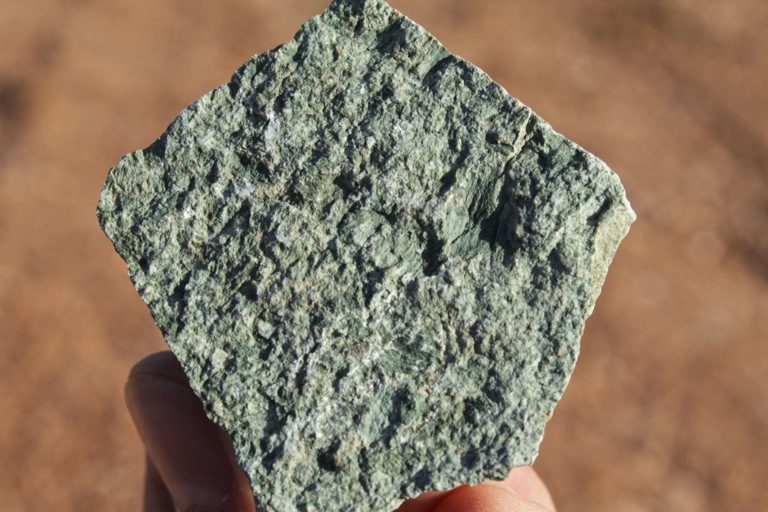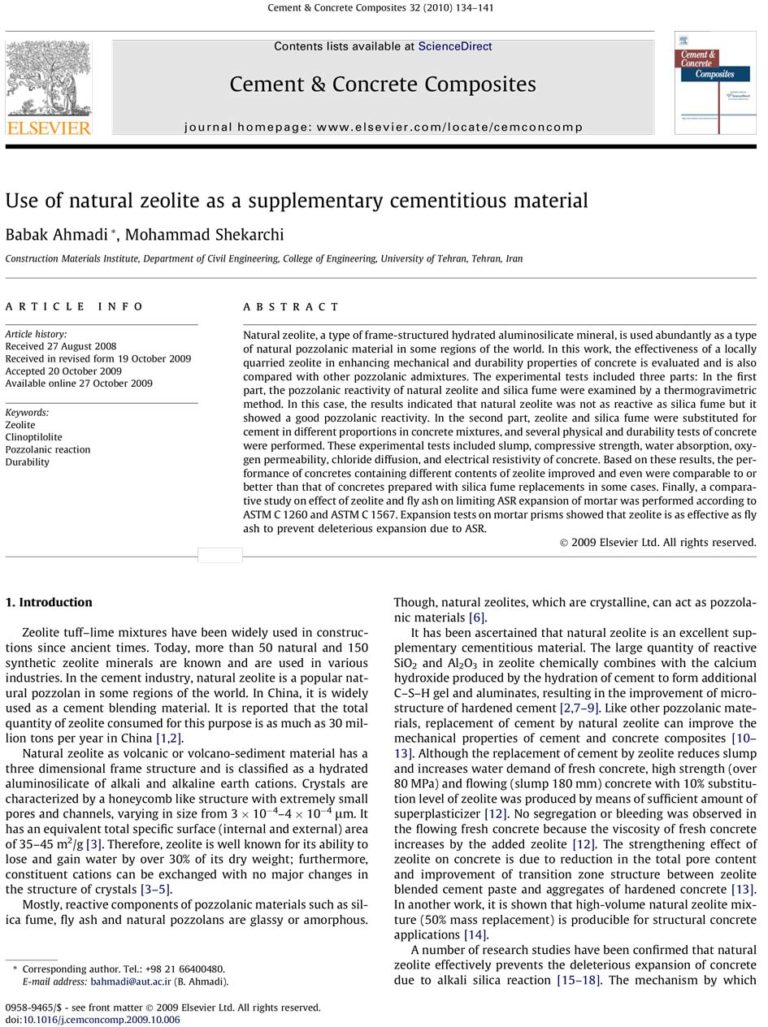Proton Adsorption Selectivity of Zeolites in Aqueous Media: Effect of Exchangeable Cation Species of Zeolites
Moses Wazingwa Munthali *, Erni Johan and Naoto Matsue
Department of Life Environmental Conservation, Faculty of Agriculture, Ehime University, 3-5-7 Tarumi, Matsuyama 790-8566, Japan; E-Mails: Johan@agr.ehime-u.ac.jp (E.J.); matsue@agr.ehime-u.ac.jp (N.M.)
Abstract: The saturation of negative charges of zeolites by specific cations to modify their physicochemical and catalytic properties has broadened the applications of zeolites. The adsorption behavior of H+ to Li+, Na+, K+, Rb+ and Cs+-saturated Linde-type A, Na-P1, mordenite, X type and Y type zeolites was evaluated at different pH-pM, where pH-pM is equal to log {(M+)/(H+)} and M+ represents either Li+, Na+, K+, Rb+, or Cs+. In all cases, with decreasing pH-pM, the amounts of alkali metal retention decreased due to the adsorption of H+ via cation exchange reaction. The adsorption selectivity of H+ into the zeolites had a negative correlation with the Si/Al ratio of the zeolites. In each zeolite species, Cs+-saturated zeolite showed the lowest H+ selectivity, and this suggested that Cs+ had the strongest adsorption energy in the alkali metal cations. The adsorption of H+ was strongly affected by diameter and hydration energy of the alkali metal cations, and was also affected by the framework type and Si/Al ratio of the zeolites. The adsorption of H+ into zeolites decreases the amount of cation retention other than with H+ and may cause the elution of Si and Al into aqueous solutions.
Keywords: proton adsorption selectivity; zeolite; alkali metal cation; Si/Al ratio
[pdf]http://zeolife.gr/wp-content/uploads/2015/03/environments-02-00091.pdf[/pdf]



